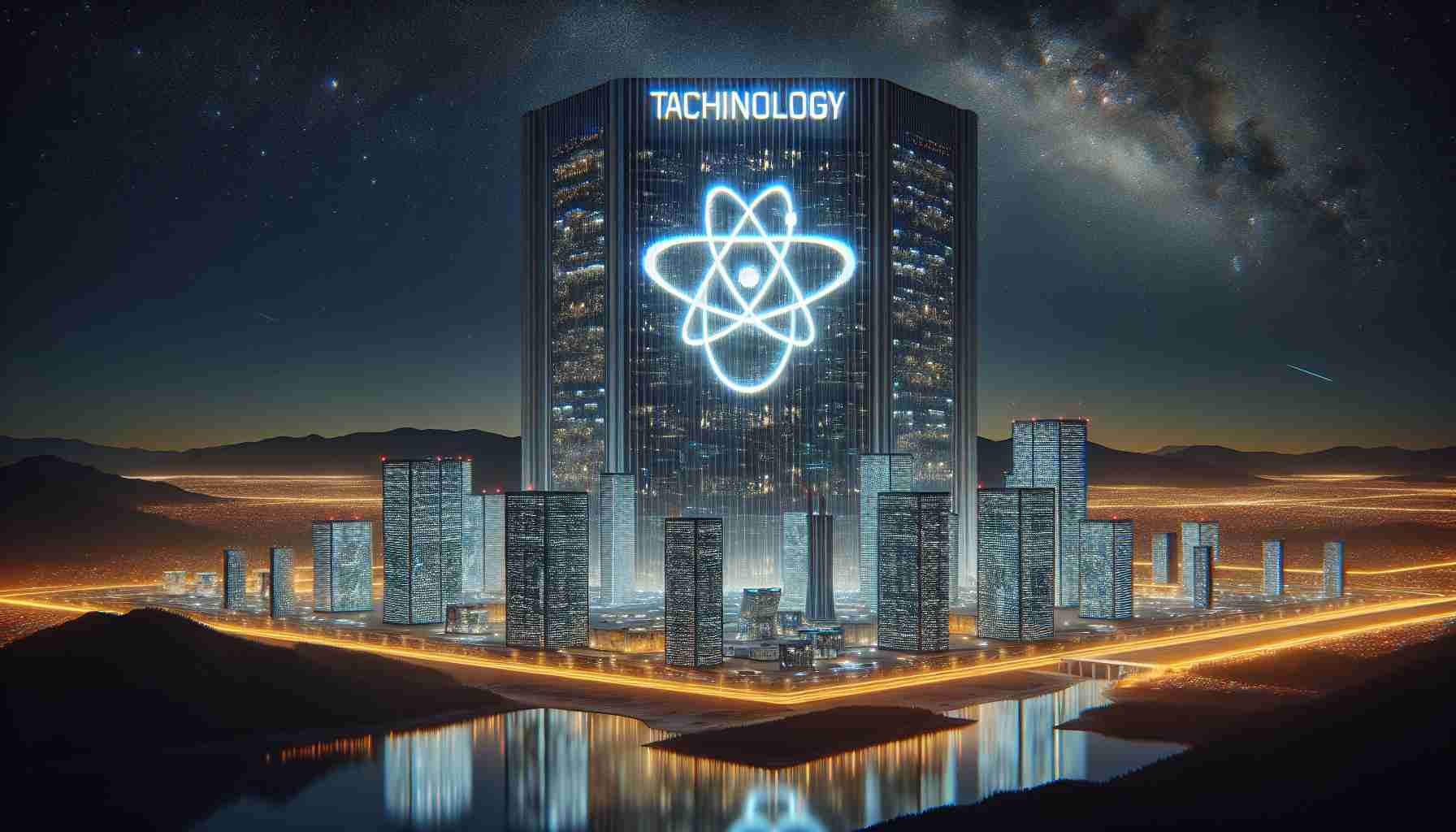In a significant move towards sustainable energy, Google has secured an agreement to utilize small nuclear reactors to supply the enormous energy requirements of its artificial intelligence data centers. The tech giant has partnered with Kairos Power, with plans to commence operations of the first reactor within this decade and expand its capabilities by 2035. While the specifics of the financial arrangement and the location of the reactors remain undisclosed, it’s clear that this partnership marks a pivotal step in energy sourcing.
The demand for electricity from AI technologies is surging, prompting major players in the tech industry to seek alternative energy solutions. A Google representative emphasized the necessity for fresh electricity sources to support the evolving landscape of AI, indicating that this collaboration will expedite the development of clean and reliable energy technologies.
Other major companies are similarly moving towards nuclear energy. Recently, Microsoft announced plans to revive operations at the infamous Three Mile Island plant, and Amazon disclosed its intent to acquire a nuclear-powered facility in Pennsylvania. The appeal of nuclear power stems from its nearly carbon-free output and the ability to provide constant electricity, making it a viable option as tech firms strive to minimize their carbon footprints in an increasingly energy-dependent world.
However, despite its benefits, nuclear energy does come with challenges, including concerns about safety and the management of radioactive waste. As the industry pivots towards this energy source, the balance between innovation and environmental responsibility remains a crucial consideration.
As tech giants increasingly turn to nuclear power to meet the soaring energy needs of artificial intelligence (AI), the implications of this shift become more pronounced. With the integration of AI into numerous sectors, the demand for substantial electricity is rising exponentially. However, the path forward is fraught with both advantages and challenges that warrant a closer examination.
What are the key advantages of nuclear power for tech companies? The most significant benefits of adopting nuclear energy include its ability to generate vast amounts of electricity with low greenhouse gas emissions, thereby aligning with the industry-wide push for sustainability. Unlike renewable sources such as solar and wind, nuclear power can provide a consistent base-load of energy, essential for the 24/7 operations of data centers laden with AI workloads.
Are there any notable disadvantages or concerns? One major concern is the perception of safety associated with nuclear technology. High-profile accidents, such as those at Chernobyl and Fukushima, have instilled a fear of nuclear power among the public. Additionally, the long-term management of nuclear waste poses significant ethical and logistical challenges, as the materials produced remain hazardous for thousands of years. Furthermore, the potential for nuclear proliferation and the impacts of mining for uranium are considerable risks that cannot be overlooked.
What are the key controversies surrounding this shift? The debate around nuclear energy often pits economic efficiency against environmental safety. Critics argue that, while nuclear power yields less carbon output, the potential dangers and long-lasting waste issues make it a risky alternative. Moreover, communities near proposed nuclear sites may face opposition, citing concerns about health risks and disruptions to local ecosystems. There is also contention surrounding public investment in nuclear infrastructure, with some advocating for a focus on developing renewable energy sources instead.
How are tech companies addressing public concerns? In response to fears surrounding safety, many tech companies are focusing on advanced nuclear technologies designed to be safer and more efficient than traditional reactors. Small modular reactors (SMRs), for example, are touted for their enhanced safety features, reduced waste production, and lower financial risks. Companies like Google and Microsoft are investing heavily in R&D to develop these technologies, attempting to reassure the public and regulators alike about their commitment to responsible energy sourcing.
What’s the future outlook for nuclear energy in the tech industry? The future of nuclear power within tech giants’ energy strategies appears promising but unsettled. If successful, this transition may not only address energy needs but also potentially reframe public perception of nuclear energy as a viable option for sustainable power generation.
As the integration of AI continues to escalate, it is crucial for tech companies to navigate these complex challenges while ensuring a commitment to environmental stewardship. The growing interest in nuclear energy will likely influence broader discussions around energy policy and sustainability for years to come.
For further insights into the energy landscape and its intersection with technology, visit GeeksforGeeks or explore the energy solutions section at Forbes.










